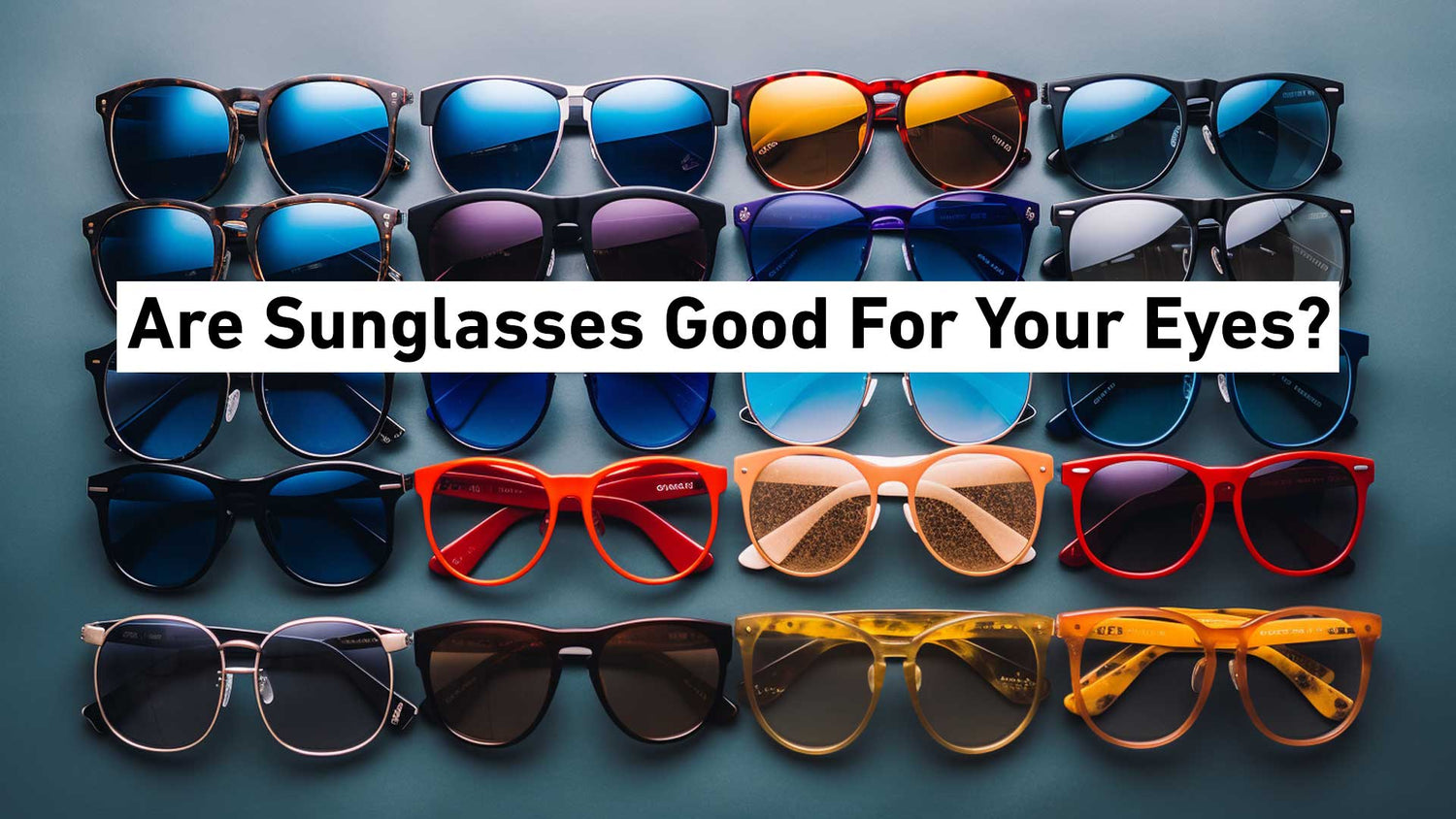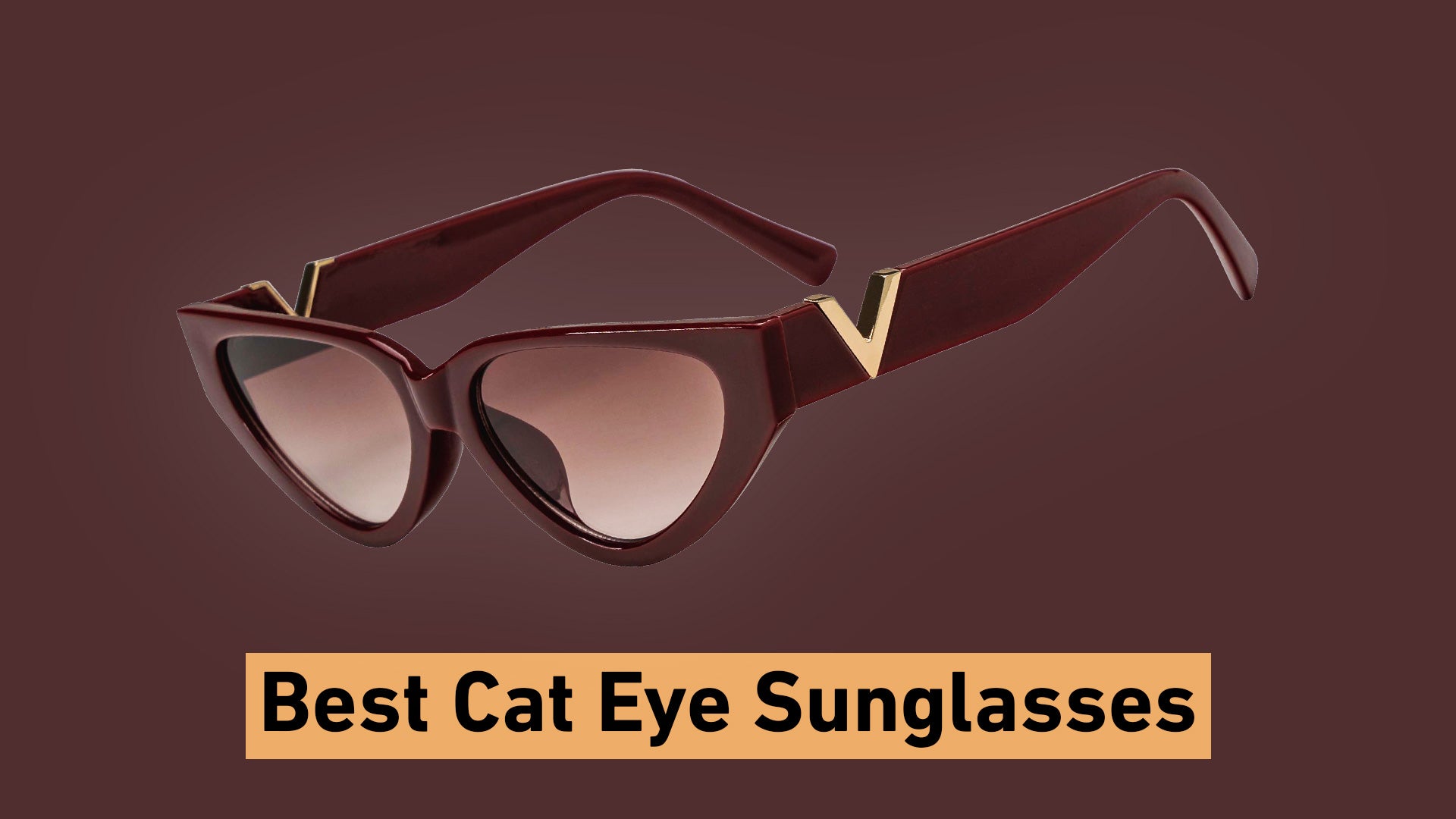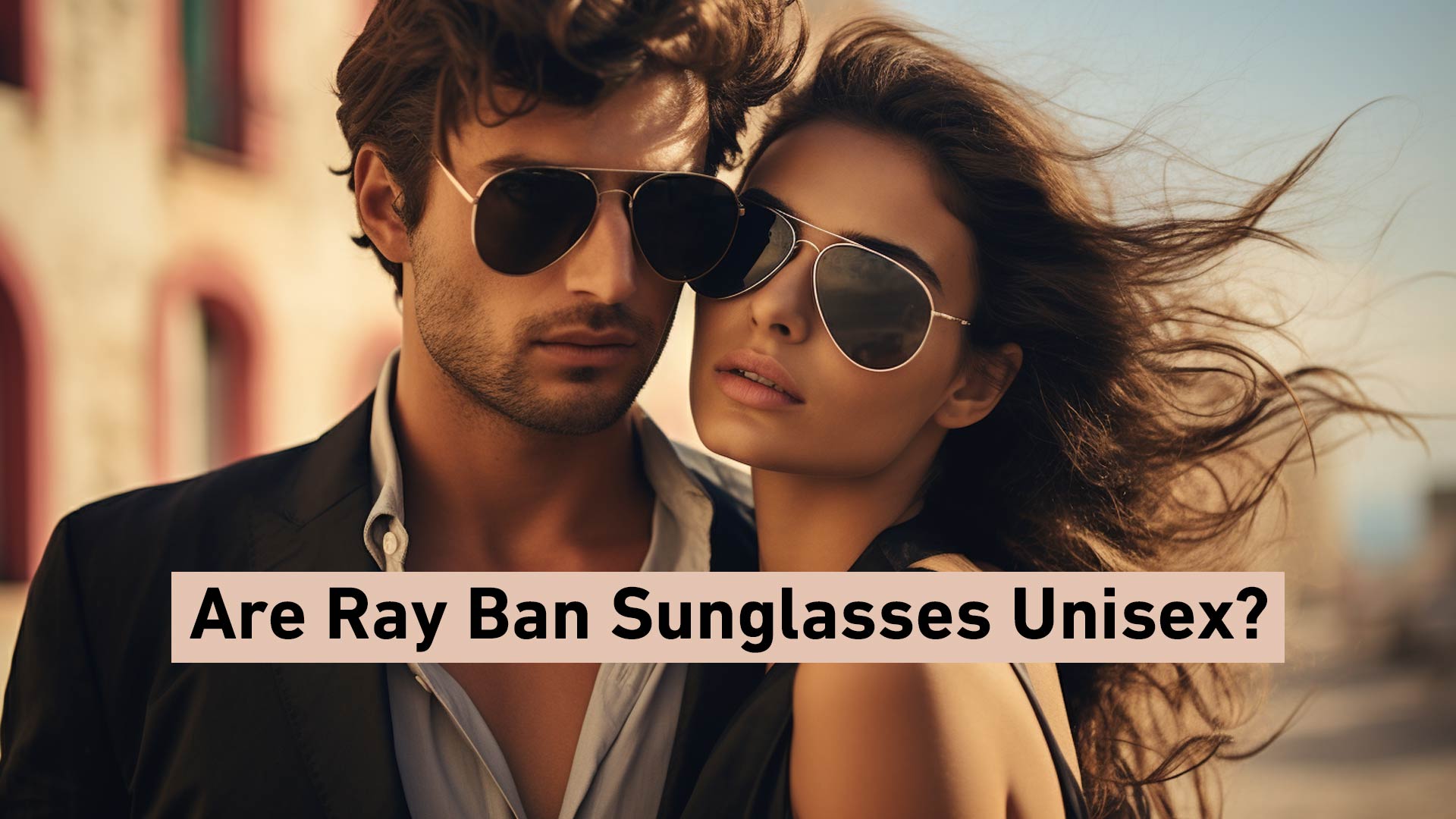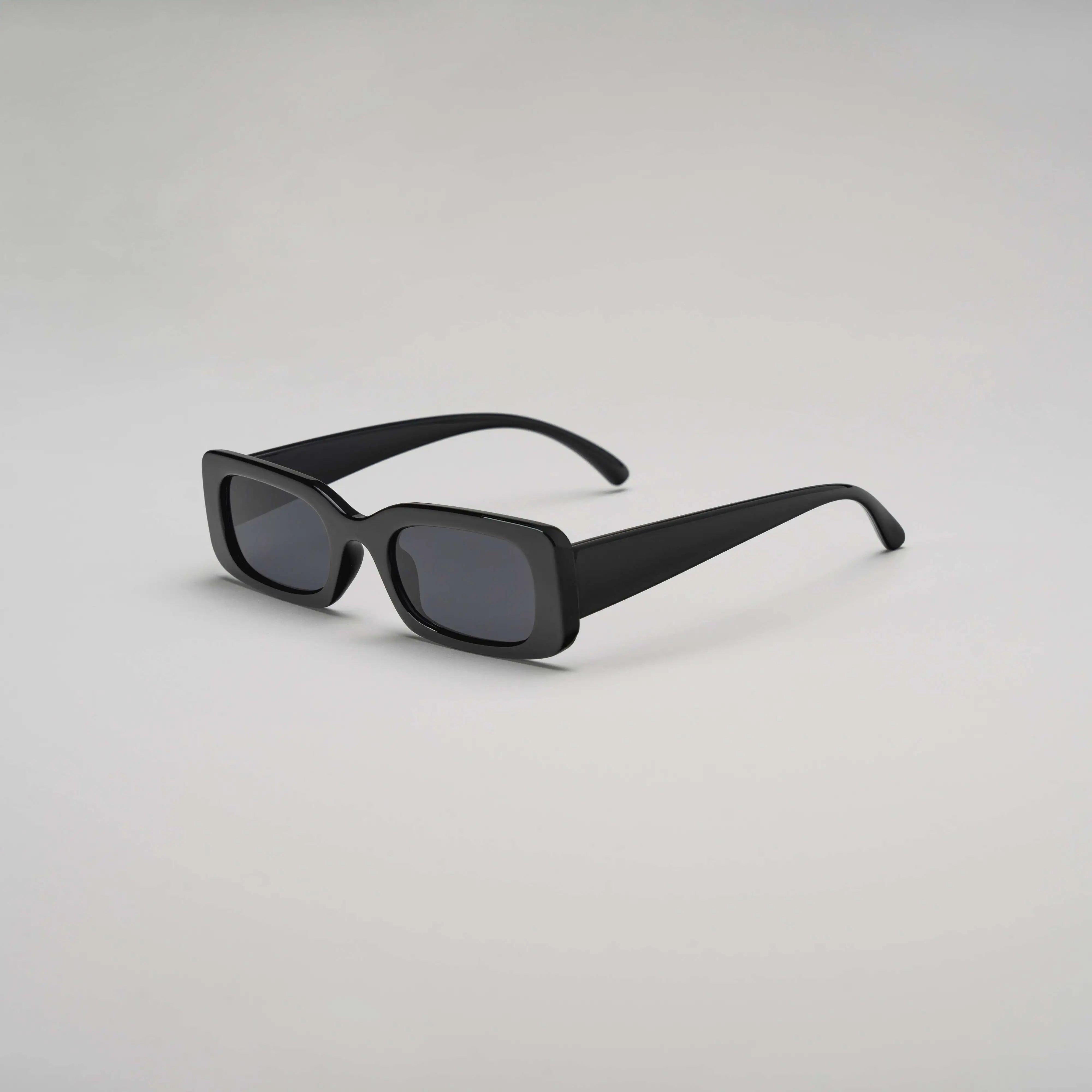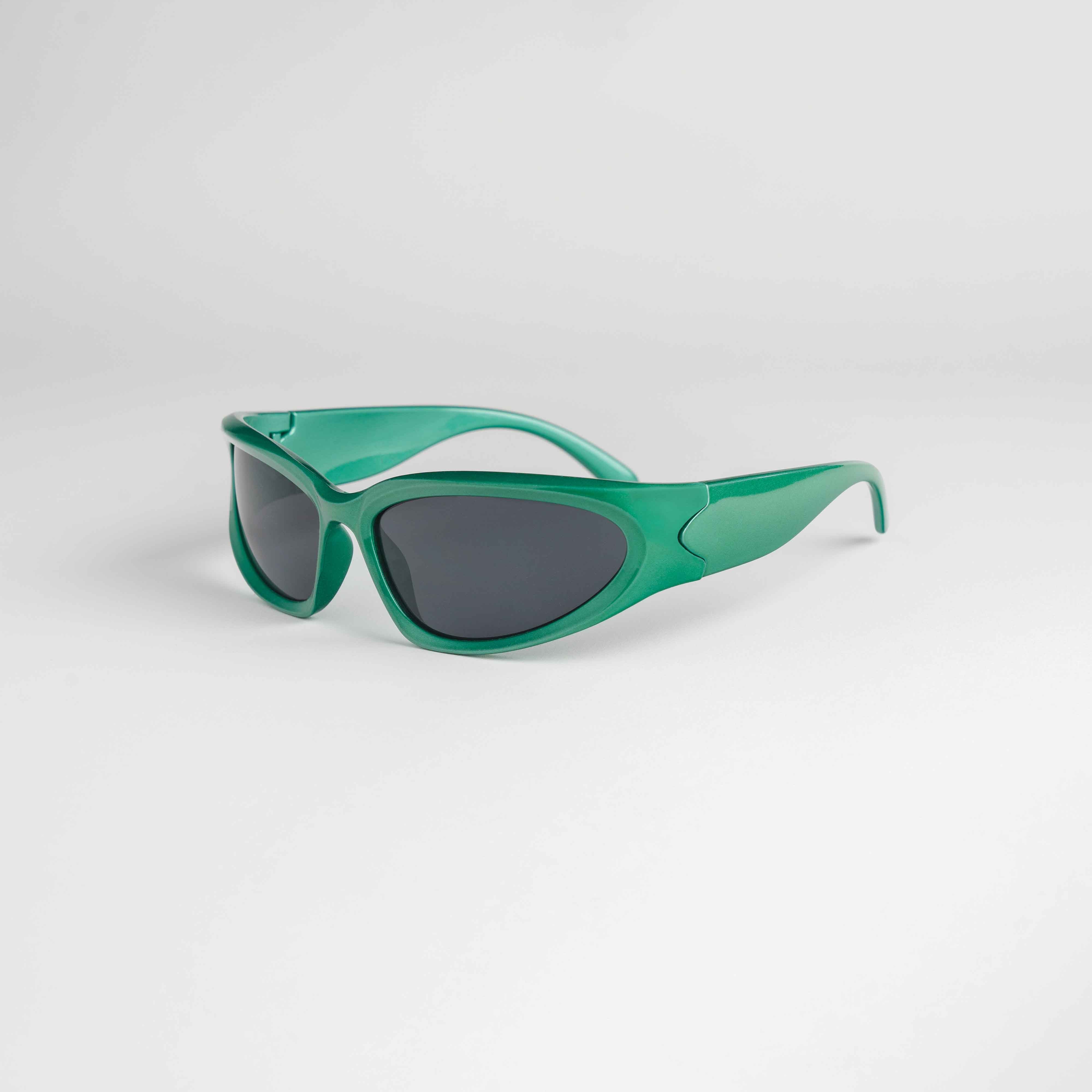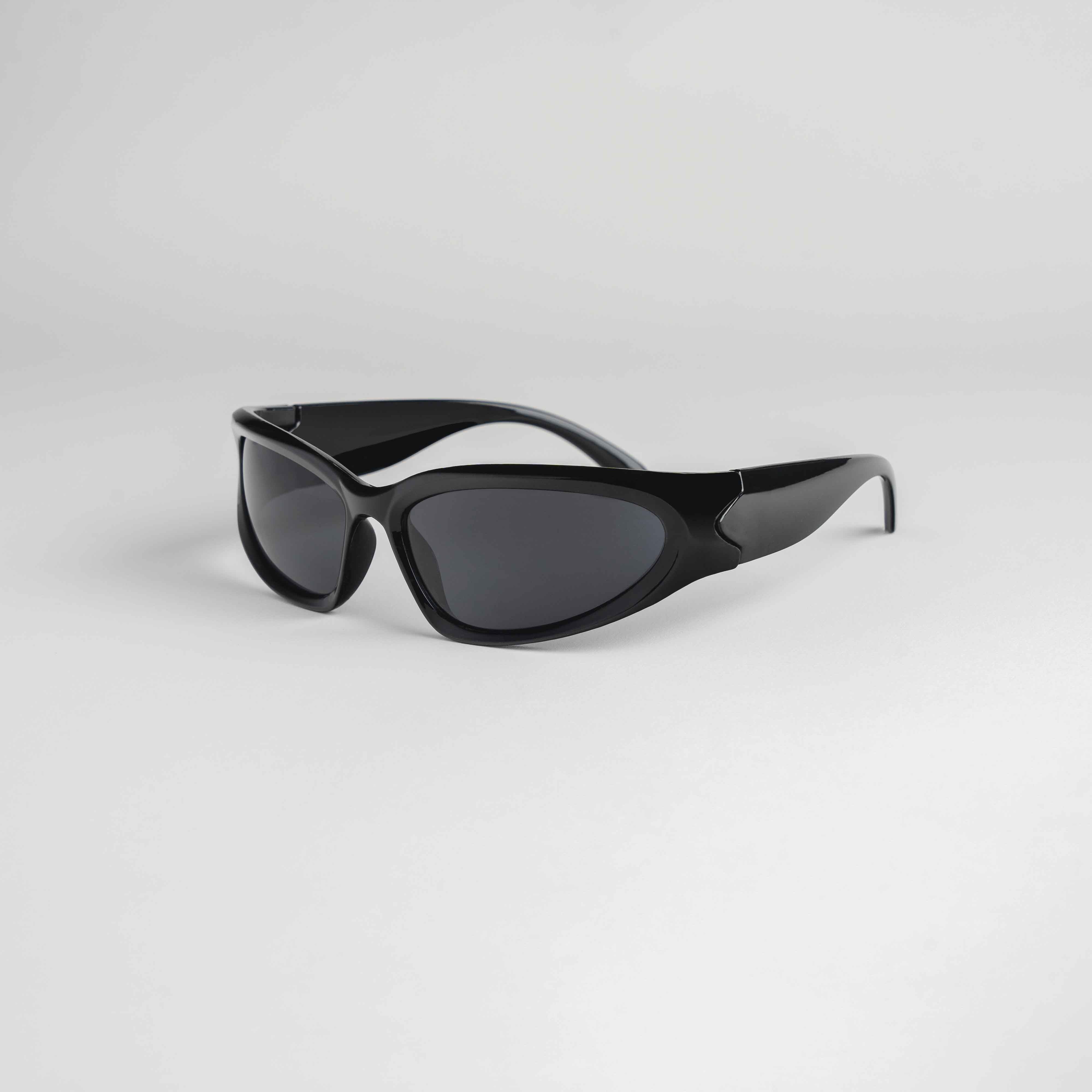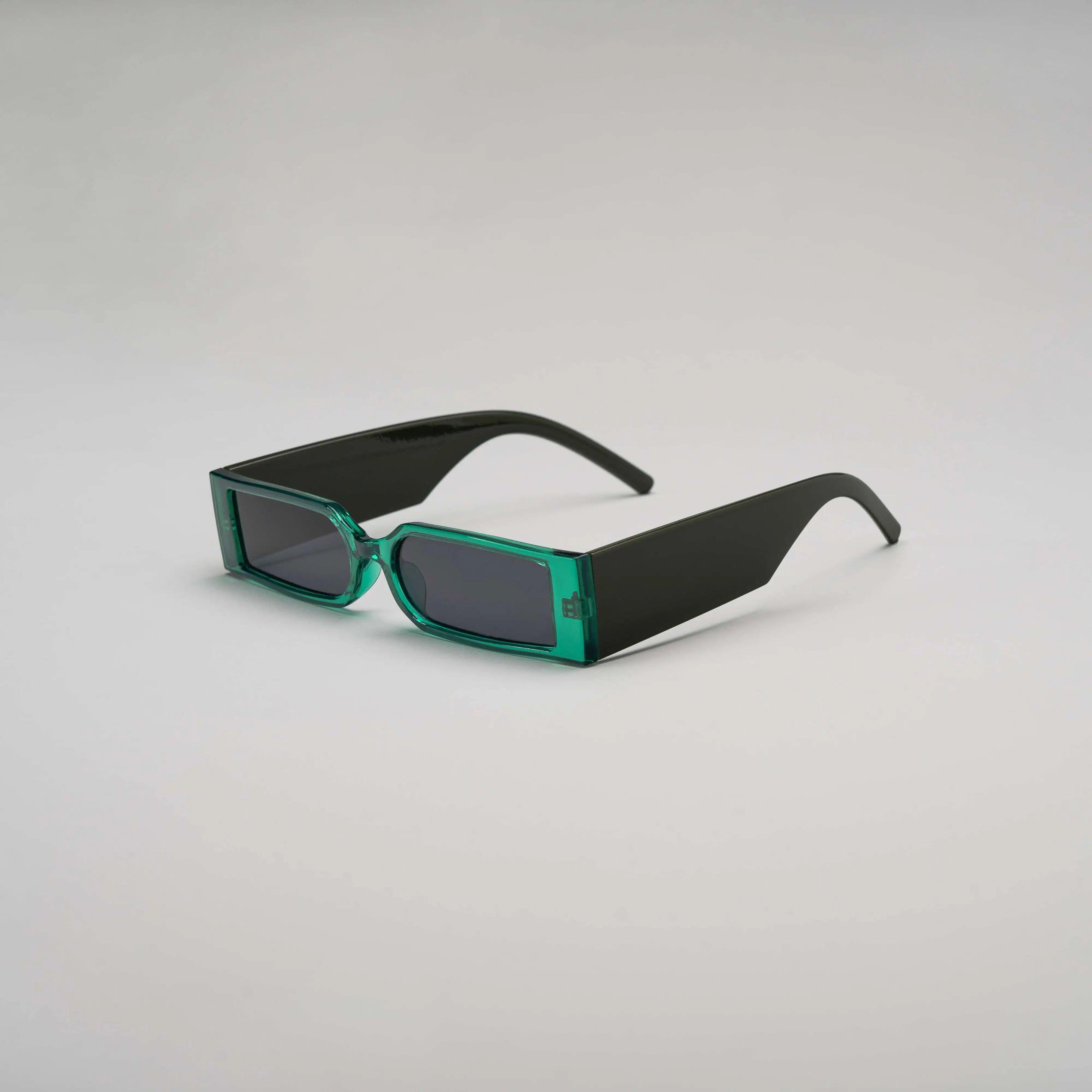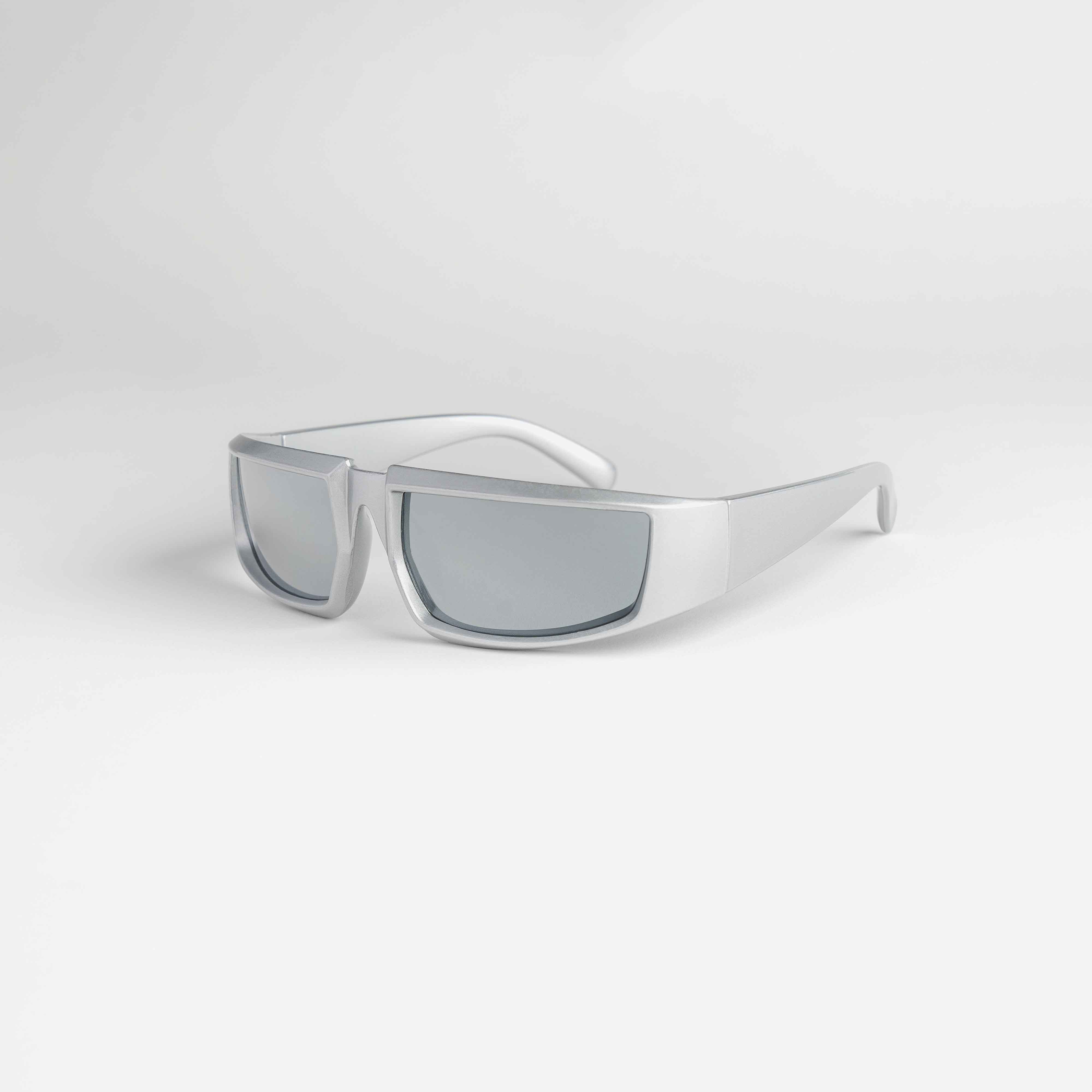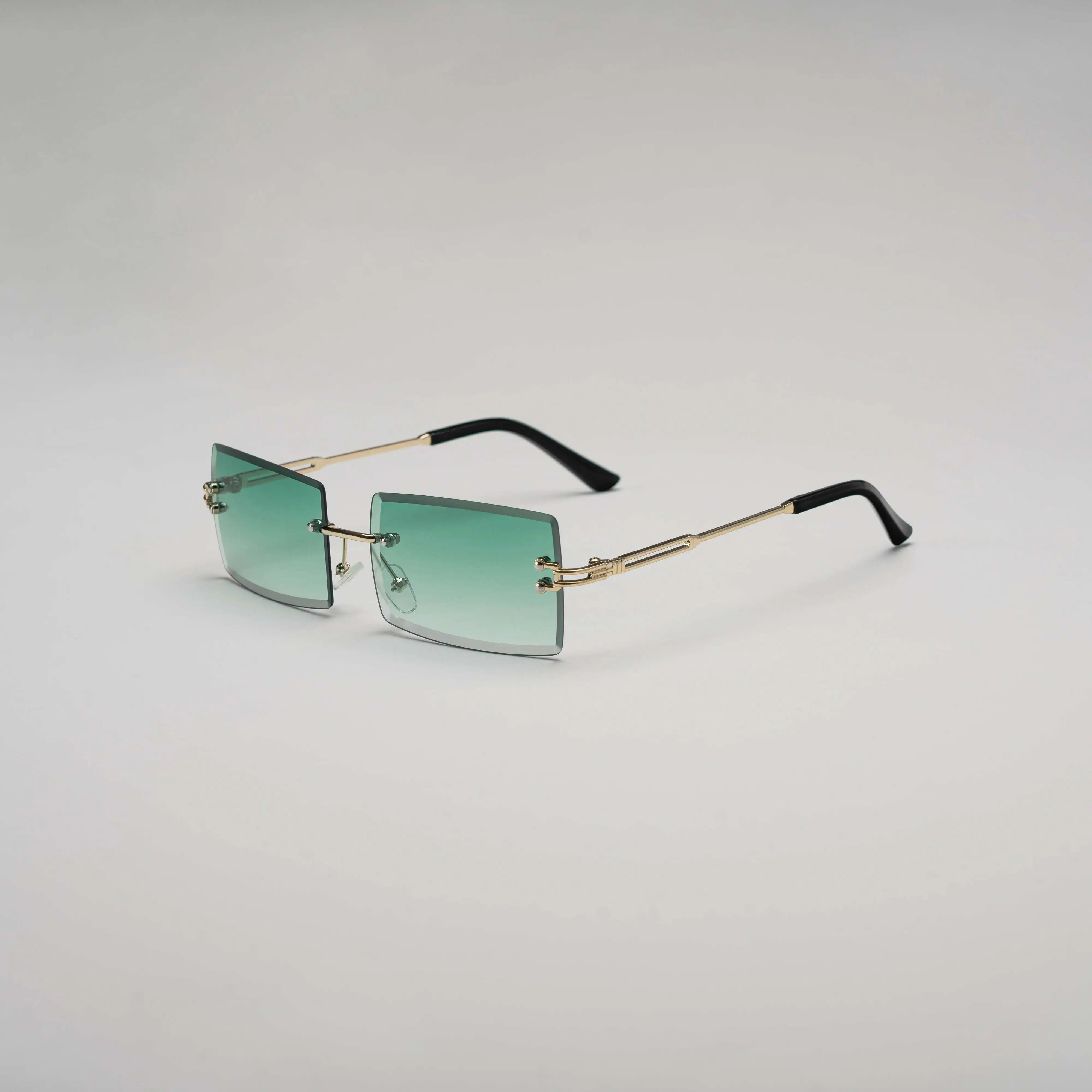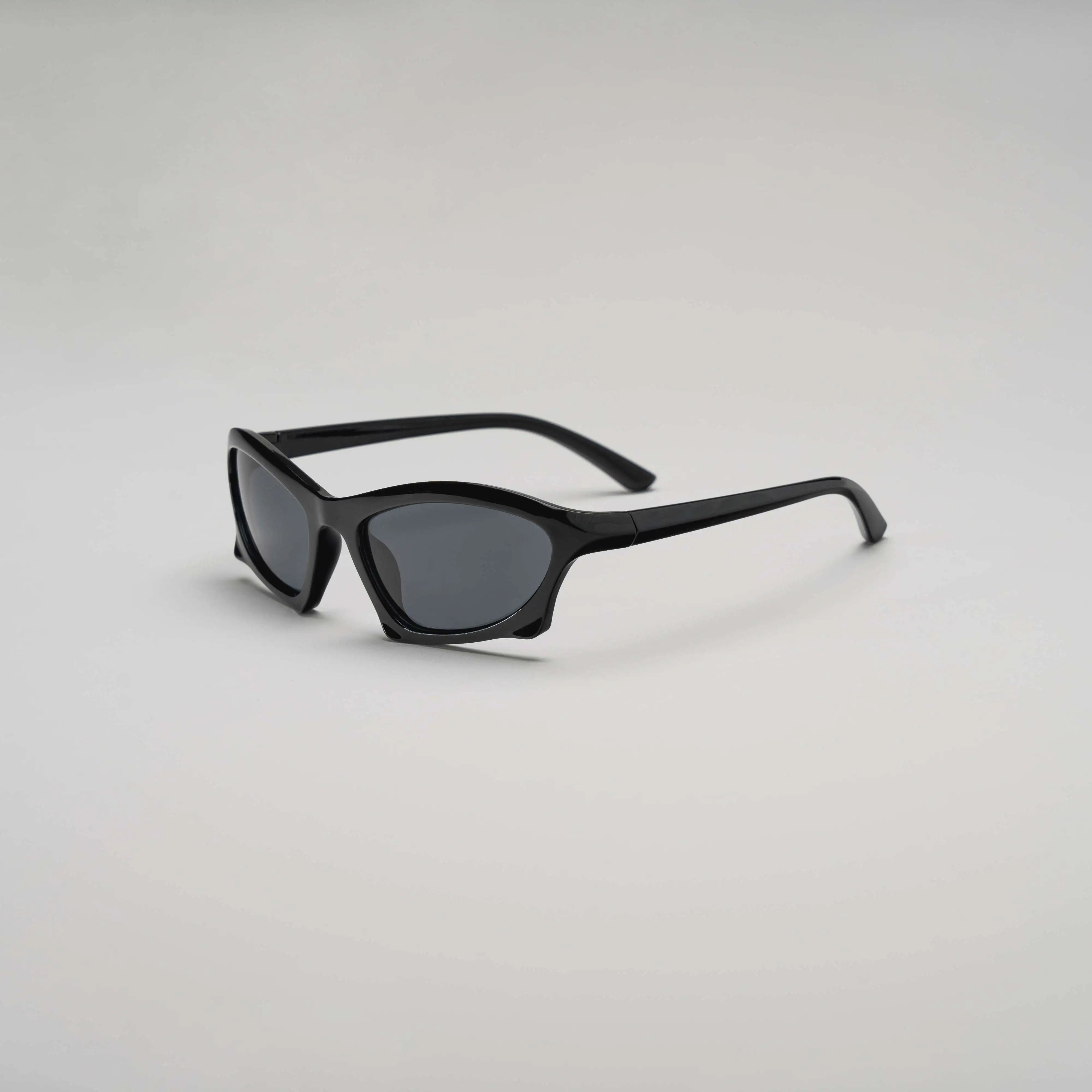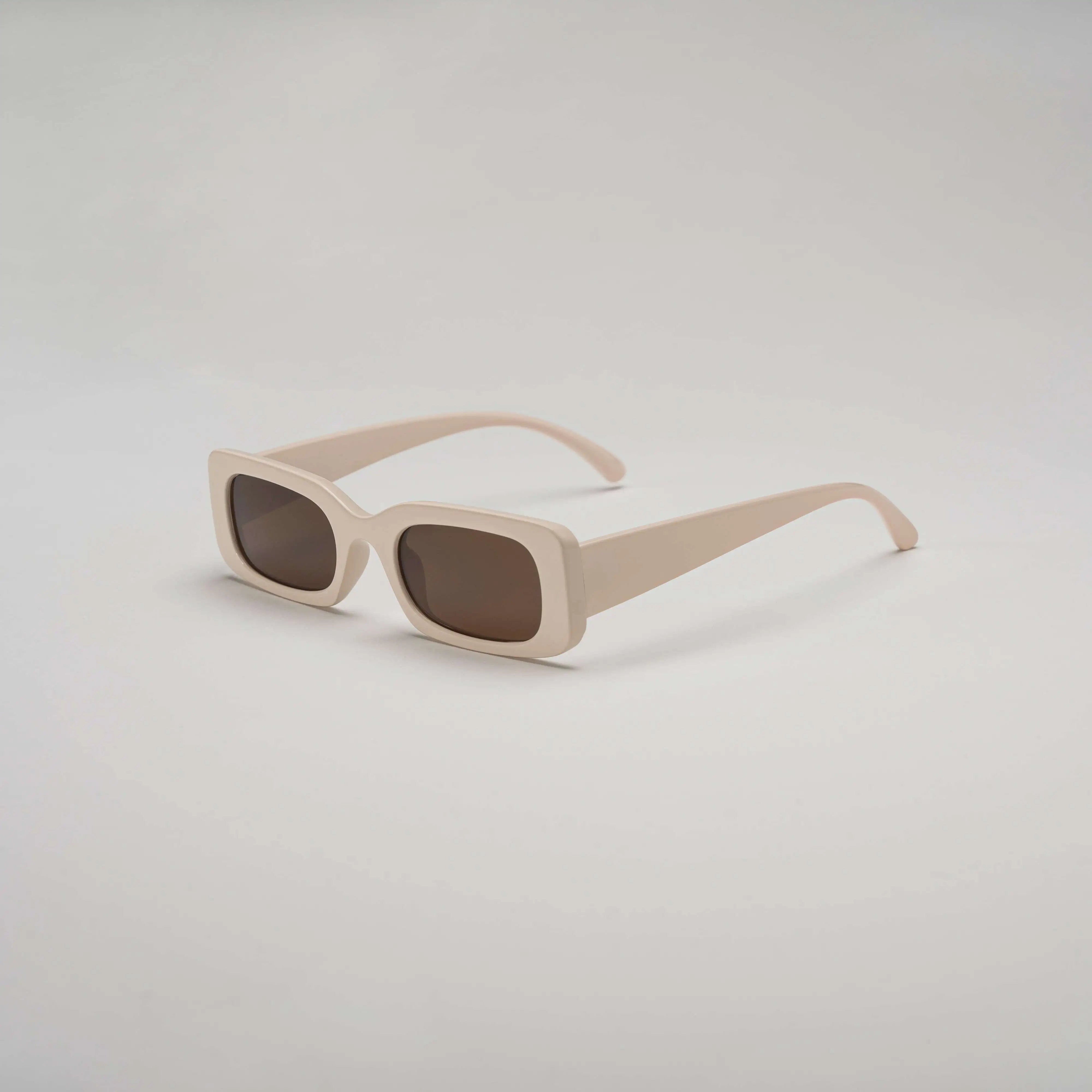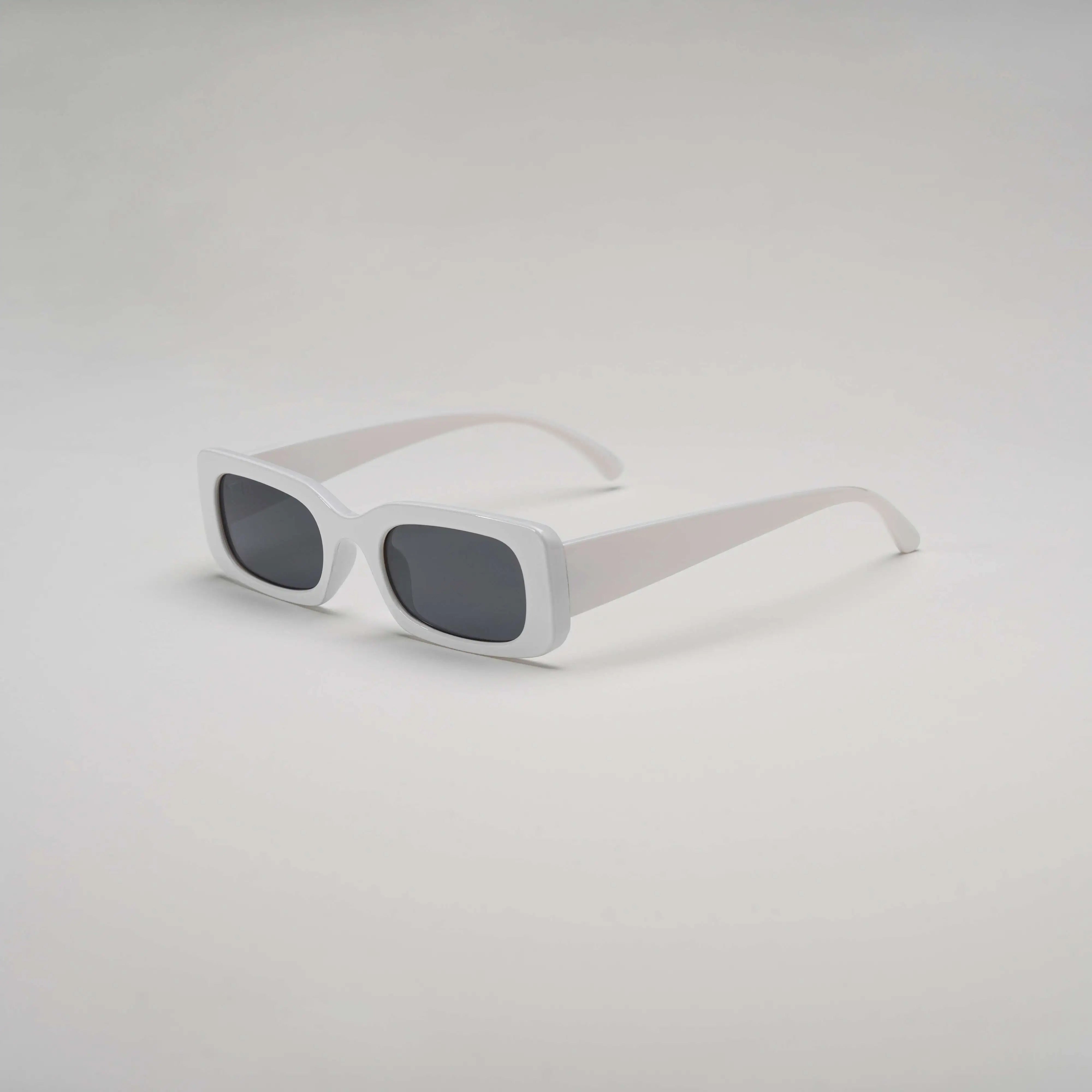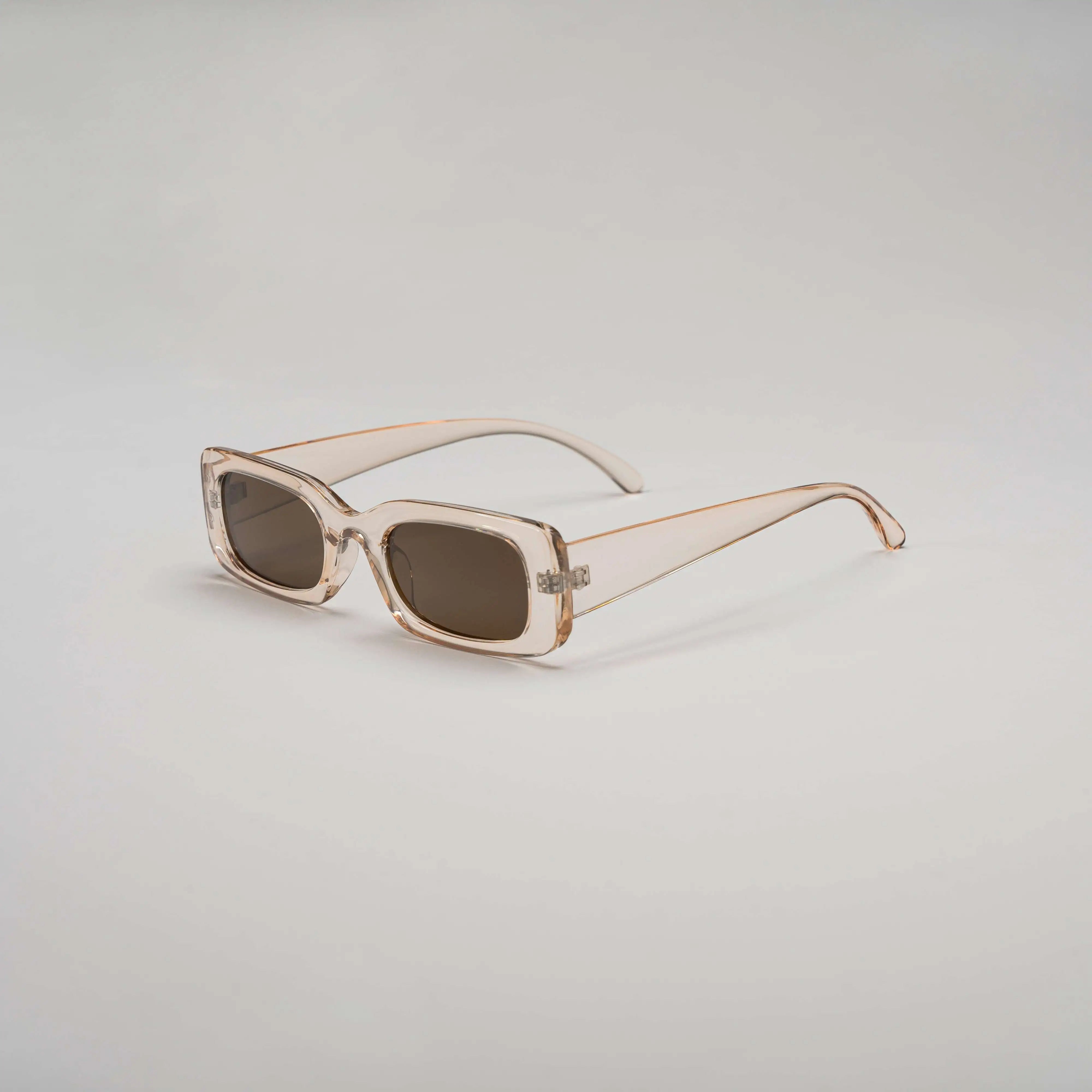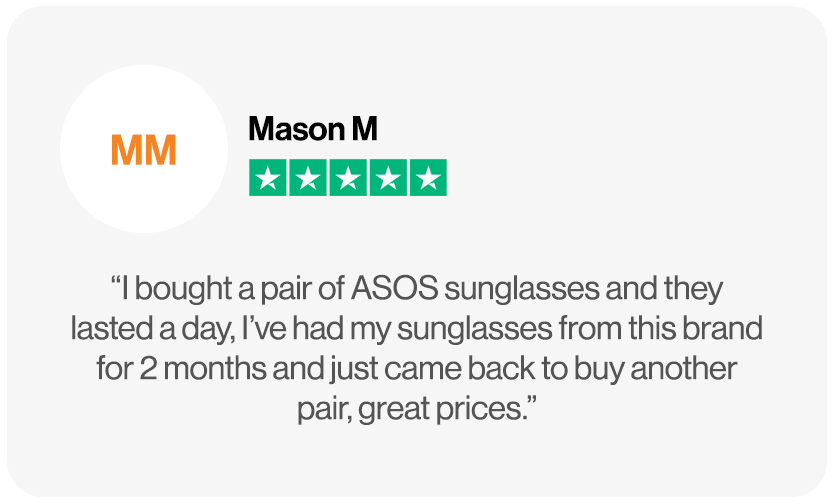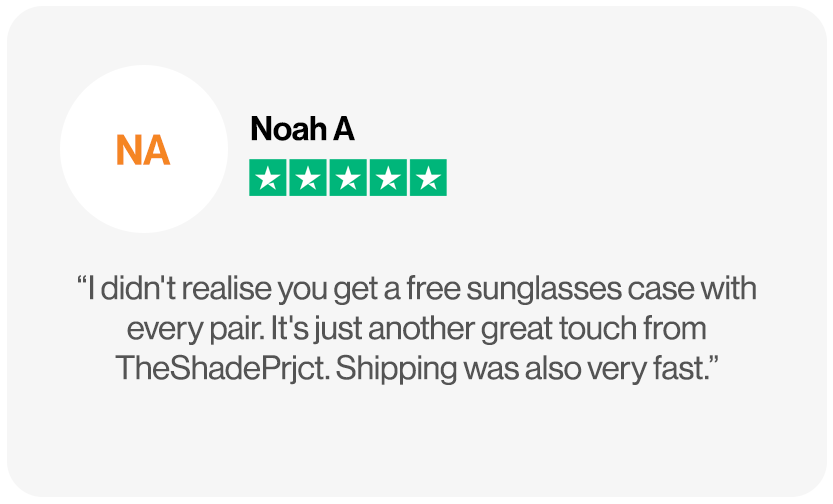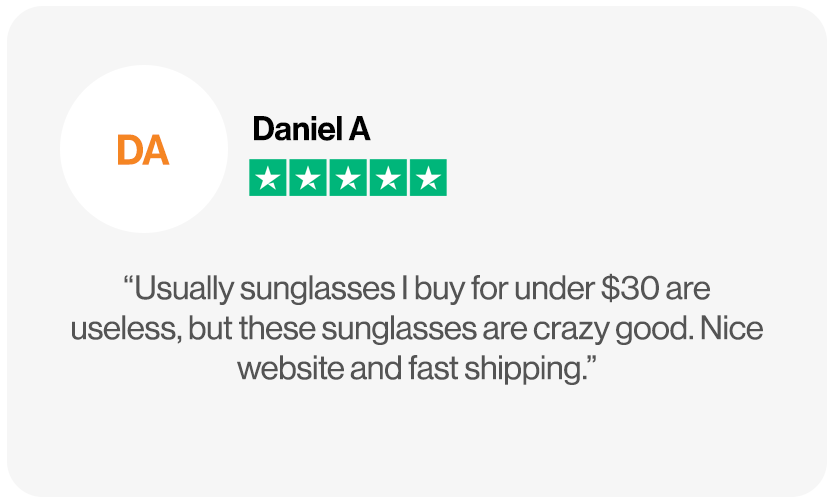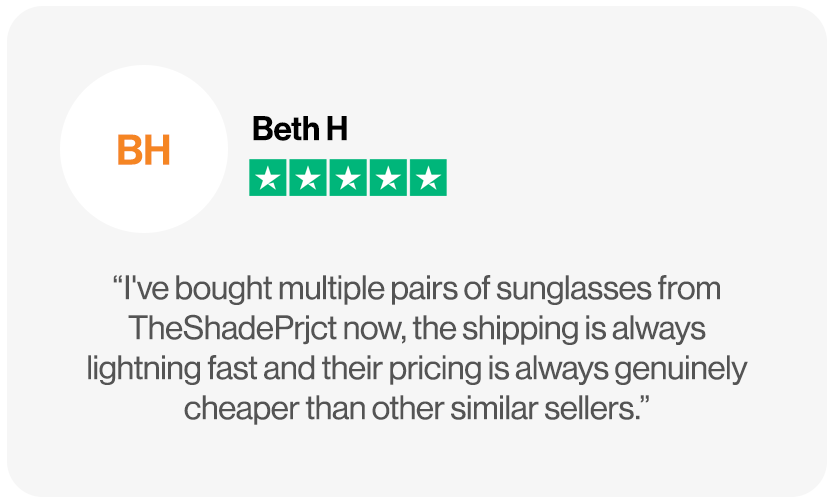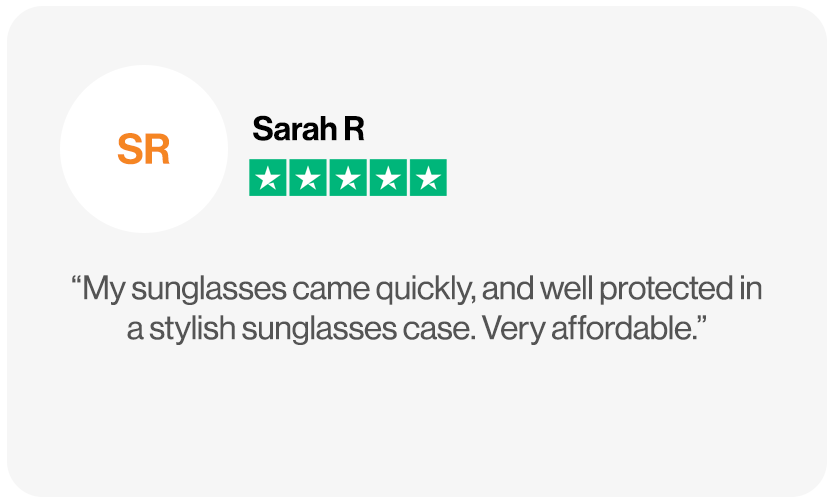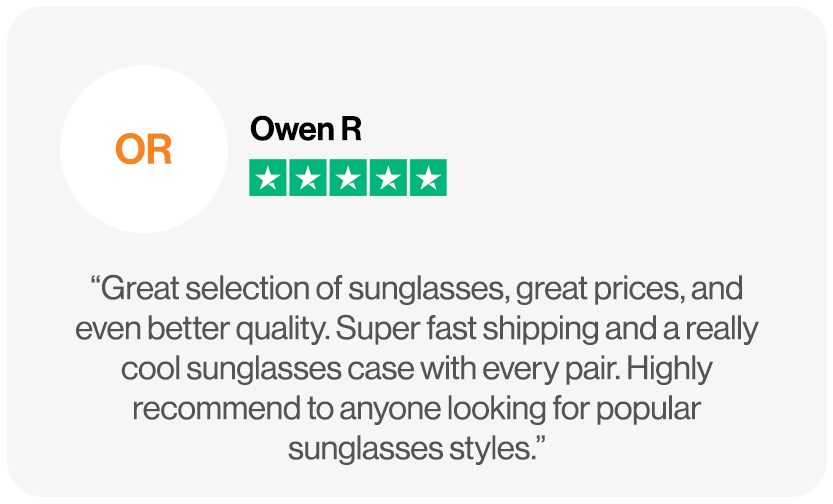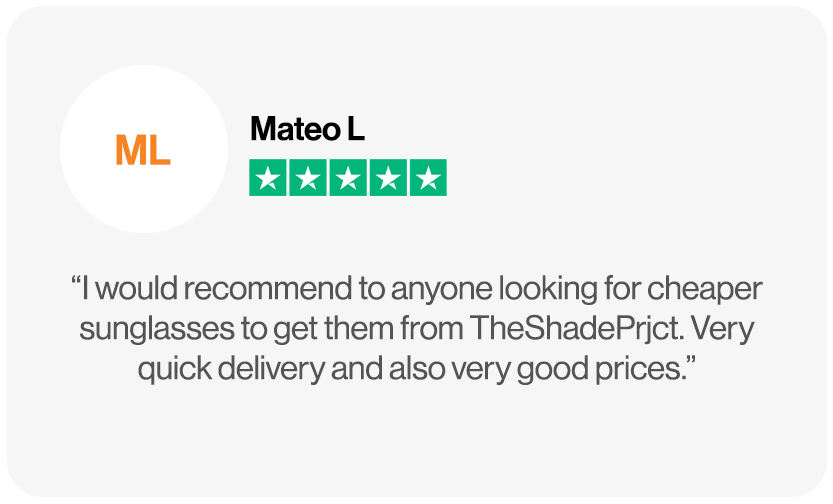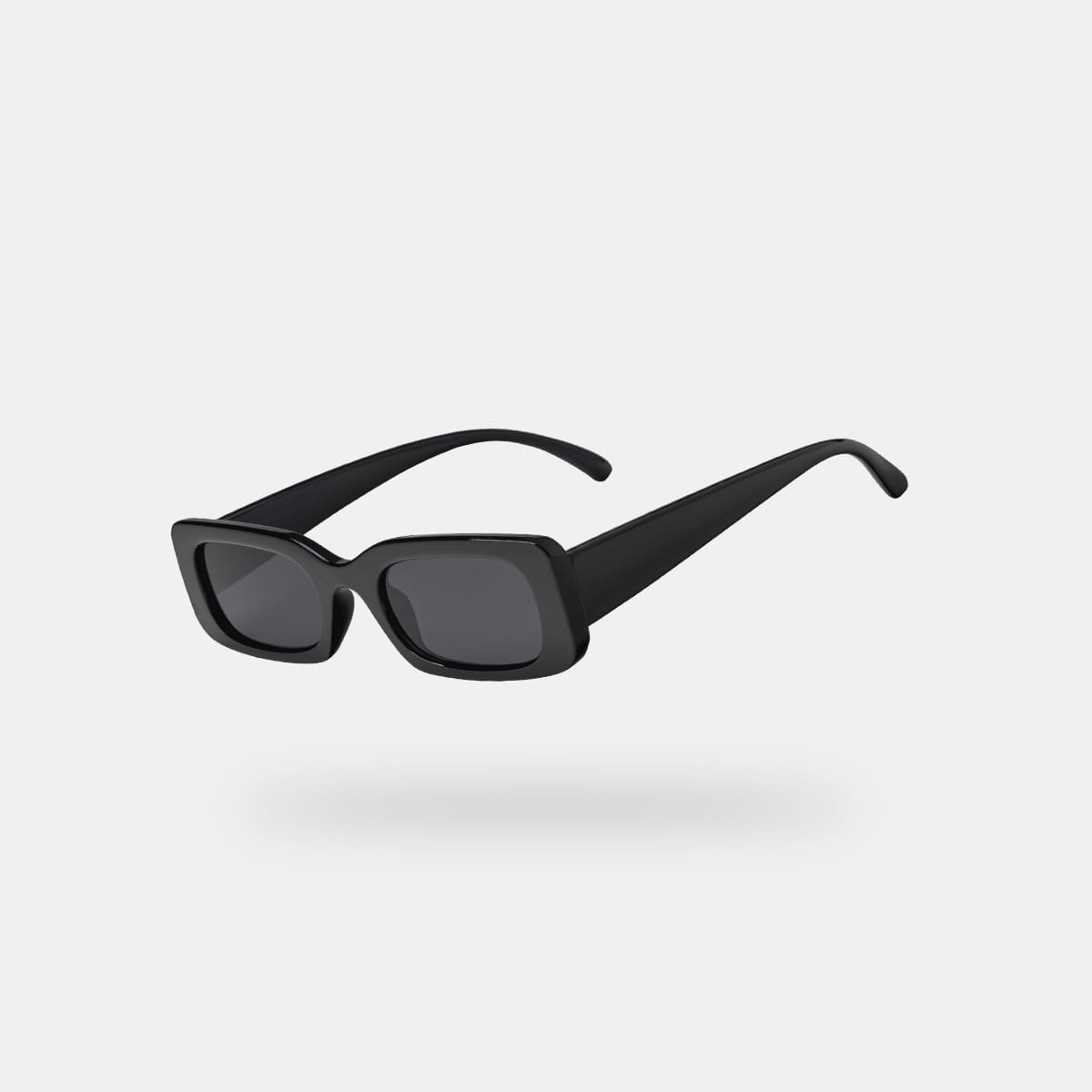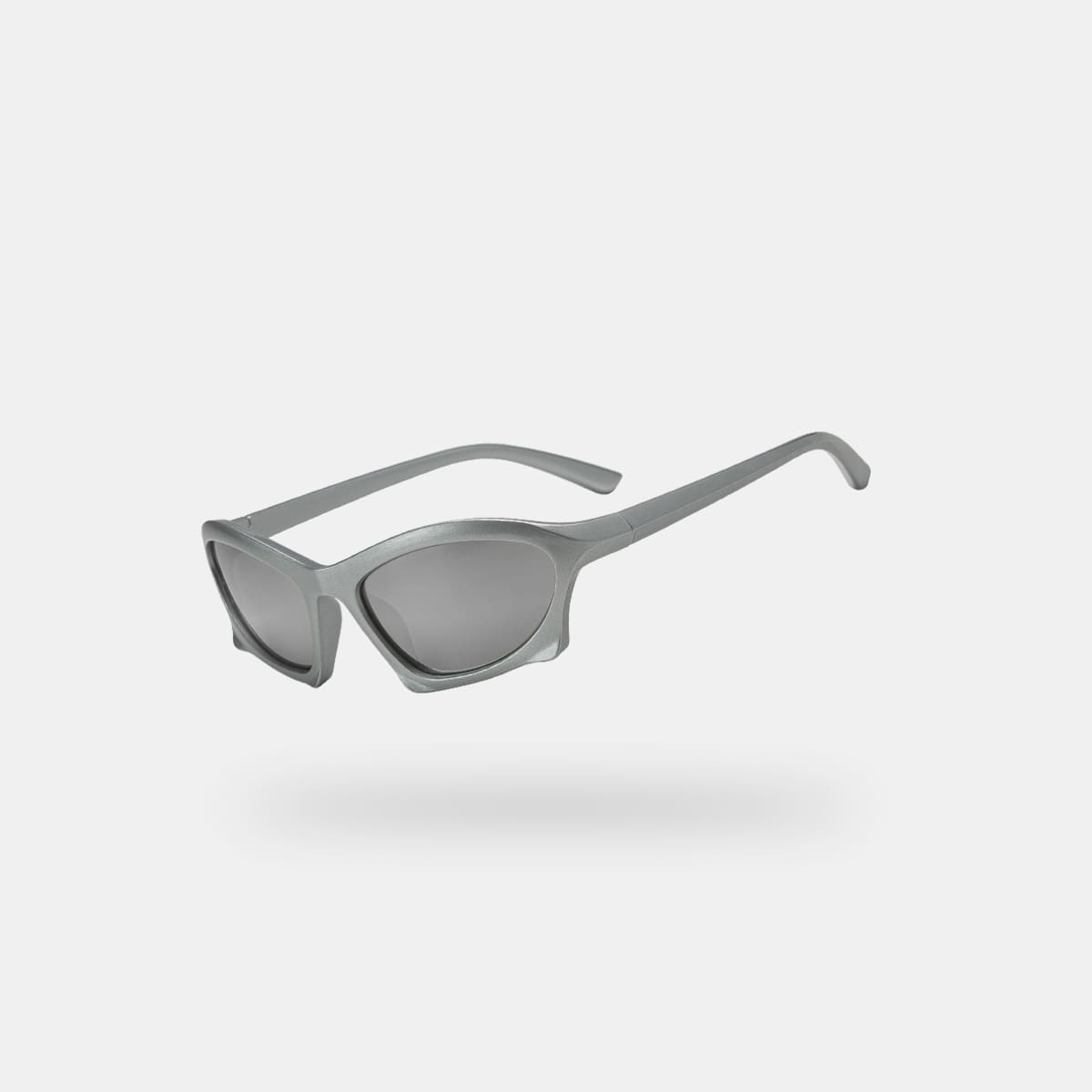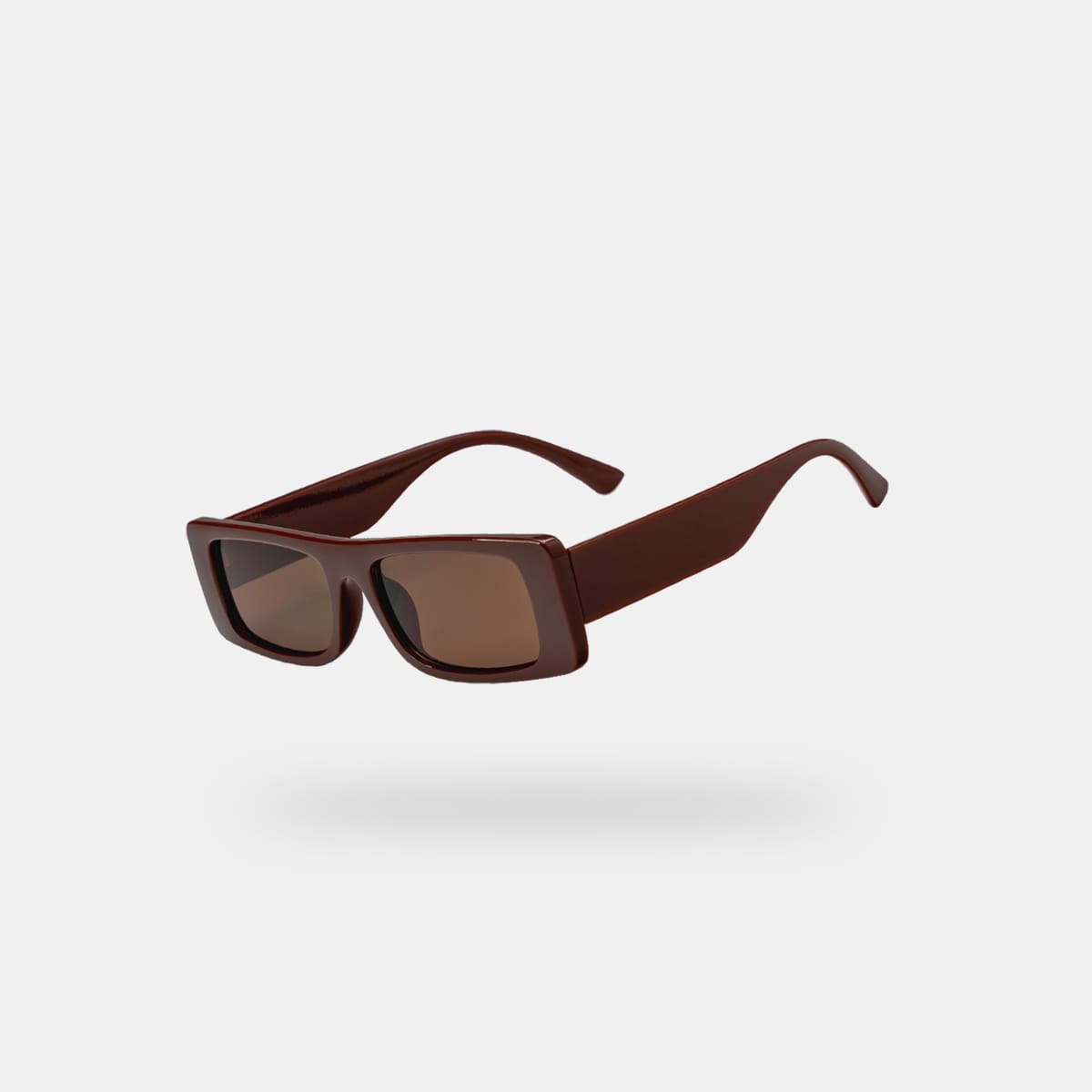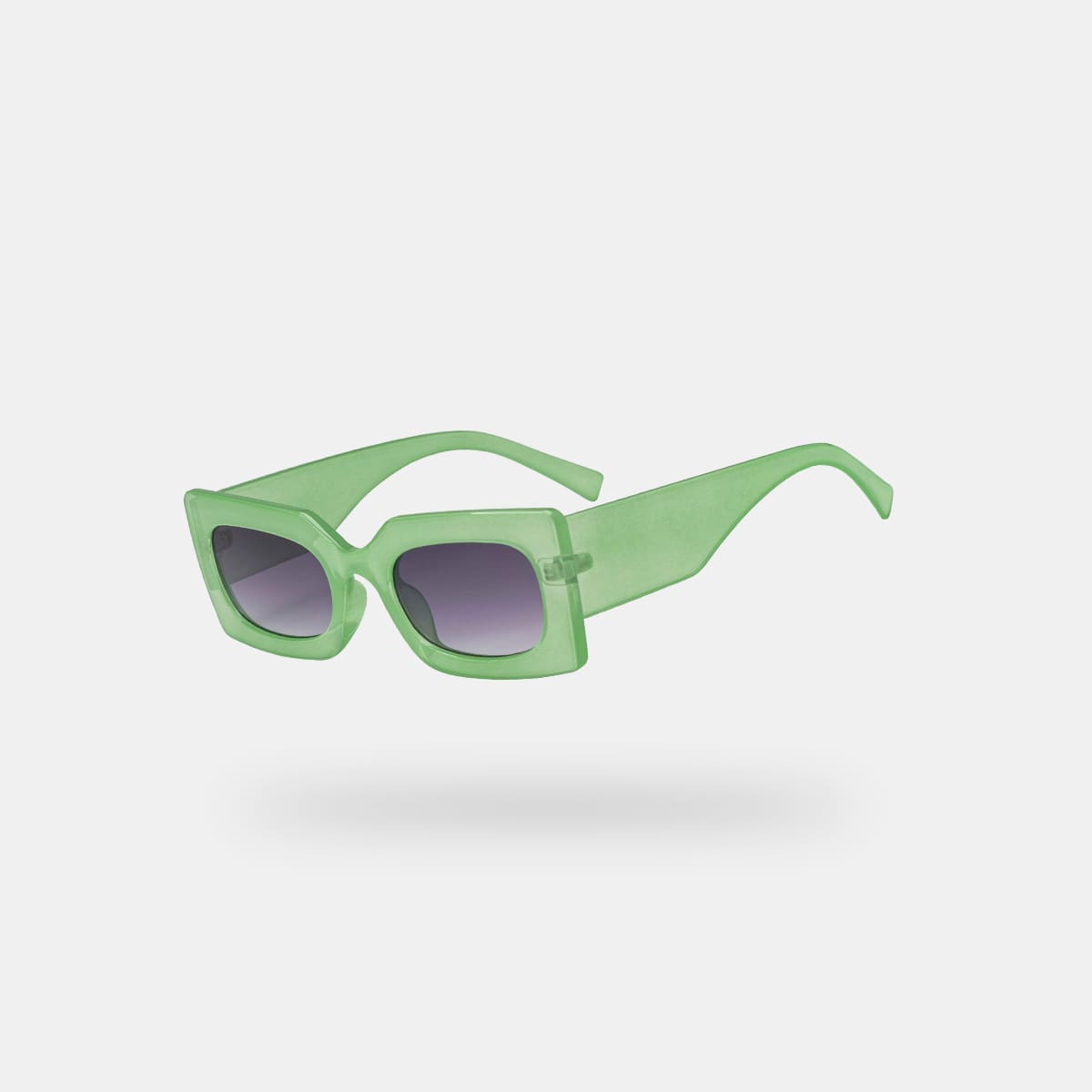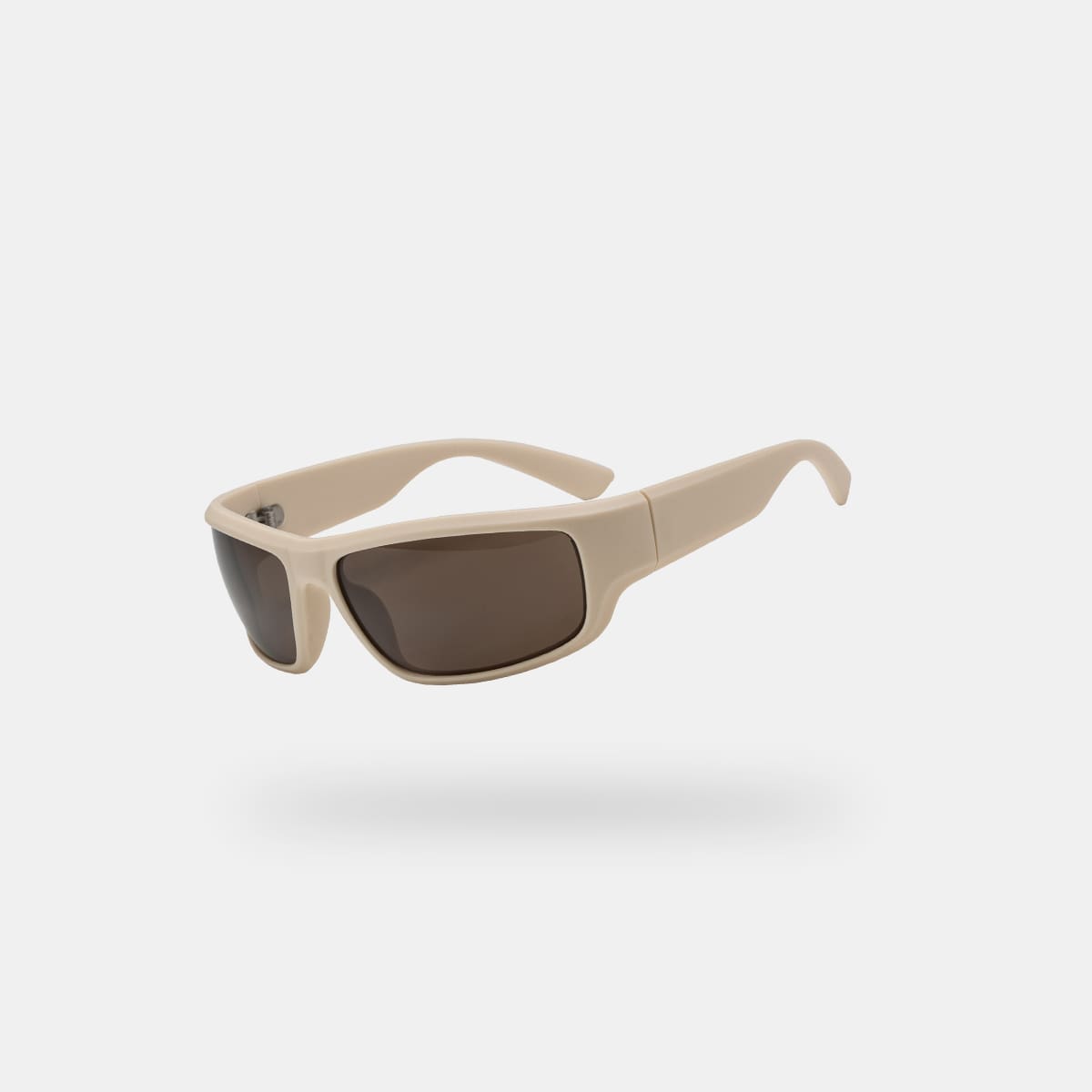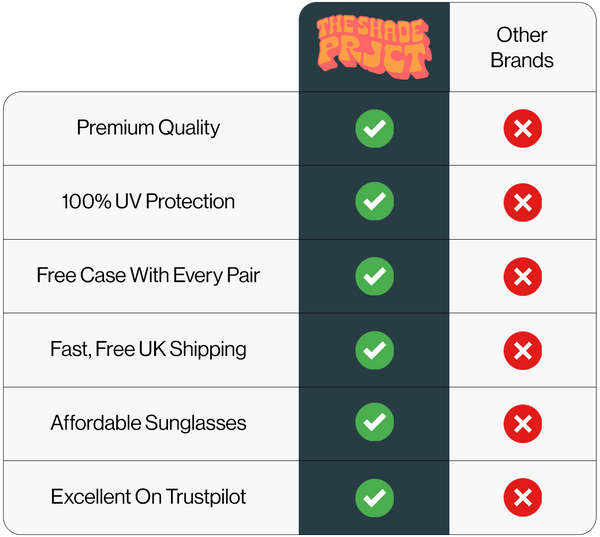Introduction
Sunglasses have become more than just a fashionable accessory; they play a crucial role in protecting our eyes from harmful elements in the environment. But many people wonder if sunglasses are good for our eyes. In this article, we will explore the benefits of wearing sunglasses and how they can contribute to maintaining healthy vision. By the end of this blog post, you will certainly understand why sunglasses are such a popular accessory in our everyday lives.
Importance of Sunglasses
Protecting our eyes is of utmost importance, and sunglasses offer various benefits in doing so.
Protection from Harmful UV Rays
Although invisible, The sun emits ultraviolet (UV) rays that can be detrimental to our eyes. Prolonged exposure to UV rays can lead to serious eye conditions such as cataracts, macular degeneration, and even photokeratitis. Sunglasses with UV protection can act as a shield against these harmful rays and safeguard our vision.
Reduction of Glare
Glare from sunlight can be irritating and uncomfortable, causing eye strain and difficulty in vision. Sunglasses equipped with polarised lenses can effectively reduce glare, especially from reflective surfaces like water, snow, and glass, providing a more comfortable visual experience. Even if the sunglasses are not polarised, darker tinted lenses help to significantly reduce the amount of glare and bright light entering our eyes, leading to a more comfortable experience and reducing the chance of headaches and migraines. Uncover the potential benefits of sunglasses for migraine relief and prevention. Read more in our latest blog post.
Prevention of Eye Fatigue
Extended periods of squinting due to bright light can lead to eye fatigue and headaches. Wearing sunglasses outdoors can prevent excessive squinting, helping to keep our eyes relaxed and reducing the risk of strain-related discomfort.
The Importance of Early Eye Protection
It's essential to start protecting our eyes from a young age. Children's eyes are more susceptible to damage from UV rays than adults'. By introducing them to wearing sunglasses at an early age, we can help reduce their lifetime exposure to harmful UV radiation and decrease the risk of developing eye conditions later in life. Encouraging good eye protection habits from childhood can significantly impact long-term eye health.
Prescription Sunglasses for Vision Correction
For individuals with vision issues, prescription sunglasses are a game-changer. These specialised sunglasses are tailored to individual prescriptions, providing clear vision and eye protection simultaneously. Prescription sunglasses eliminate the need to choose between eye comfort and visual clarity, making them a perfect solution for those with refractive errors.
Sunglasses for Sports and Outdoor Activities
If you're an active individual who loves sports or spends a lot of time outdoors, investing in sports-specific sunglasses can enhance your performance and protect your eyes. These sunglasses are designed with features like impact resistance, wrap-around styles for a secure fit, and polarised lenses to reduce glare, making them ideal for various outdoor activities.
Types of Sunglasses
There are various types of sunglasses available, each designed to cater to specific needs.
Polarised Sunglasses
Polarised sunglasses are designed to reduce glare by blocking horizontal light waves. They are especially useful for activities like driving, fishing, and skiing, where glare can significantly impact visibility and safety. Are polarised sunglasses worth it? Uncover the benefits and find out if they're right for you in our latest article.
Photochromic Sunglasses
Photochromic sunglasses, also known as transition lenses, adapt to different light conditions. They darken when exposed to UV rays outdoors and become clear when indoors. These versatile lenses offer convenience and protection in varying light environments, meaning you will no longer need to carry multiple pairs of sunglasses.
Gradient Sunglasses
Gradient sunglasses feature lenses that are darker at the top and lighter at the bottom. They are popular for fashion purposes, but they also provide protection against overhead sunlight while allowing clearer vision below.
Blue Light Glasses
Blue light glasses have gained popularity as digital devices become an integral part of our lives. These specialised glasses are designed to block or filter out harmful blue light emitted by screens, such as computers, smartphones, and tablets. By doing so, they reduce eye strain, minimise the risk of digital eye fatigue, and promote better sleep patterns. Blue light glasses can be a game-changer, especially for individuals who spend extended hours in front of screens. Additionally, for those who enjoy outdoor activities and want the combined benefits of UV protection and blue light filtering, some brands offer blue light sunglasses. These sunglasses provide the same eye protection against digital screens while shielding your eyes from the sun's harmful rays, making them a versatile and practical eyewear option for modern lifestyles.
Factors to Consider When Buying Sunglasses
When choosing the right pair of sunglasses, certain factors should be taken into consideration.
UV Protection
Ensure that the sunglasses provide 100% UV protection, blocking both UVA and UVB rays. This ensures maximum eye protection from harmful solar radiation.
Frame Material
Frames can be made from various materials, such as plastic, metal, or titanium. Selecting a lightweight and durable frame is essential for long-term comfort and wearability.
Lens Material
Different lens materials, such as polycarbonate, CR-39, and glass, offer varying levels of impact resistance and clarity. Opt for lenses that meet your lifestyle requirements and visual preferences.
Fit and Comfort
Selecting sunglasses that fit properly is essential for overall eye comfort and health. Sunglasses that are too tight can exert pressure on the temples and nose, leading to headaches and discomfort during prolonged wear. On the other hand, sunglasses that are too loose may slip down frequently, causing distractions and potential eye exposure to harmful UV rays.
Moreover, ill-fitting sunglasses may not offer adequate coverage for the eyes, allowing sunlight to enter from the sides and top, reducing their effectiveness in protecting against UV radiation. Poorly fitted frames can also cause irritation and redness on the bridge of the nose and behind the ears.
Furthermore, if the sunglasses don't sit correctly on your face, they may not provide the intended level of glare reduction, leading to visual discomfort and compromised vision. Properly fitting sunglasses, however, offer an enhanced visual experience and minimise the risk of eye strain, allowing you to enjoy your outdoor activities comfortably while safeguarding your eyes from potential harm.
Conclusion
Sunglasses not only add style to our outfits but also serve as a vital tool for eye protection. The right pair of sunglasses can shield our eyes from harmful UV rays, reduce glare, and prevent eye fatigue. Before purchasing sunglasses, consider factors like UV protection, frame material, lens material, and the way the sunglasses fit to ensure optimal eye care.
Now, let's address some frequently asked questions about sunglasses and their impact on eye health:

